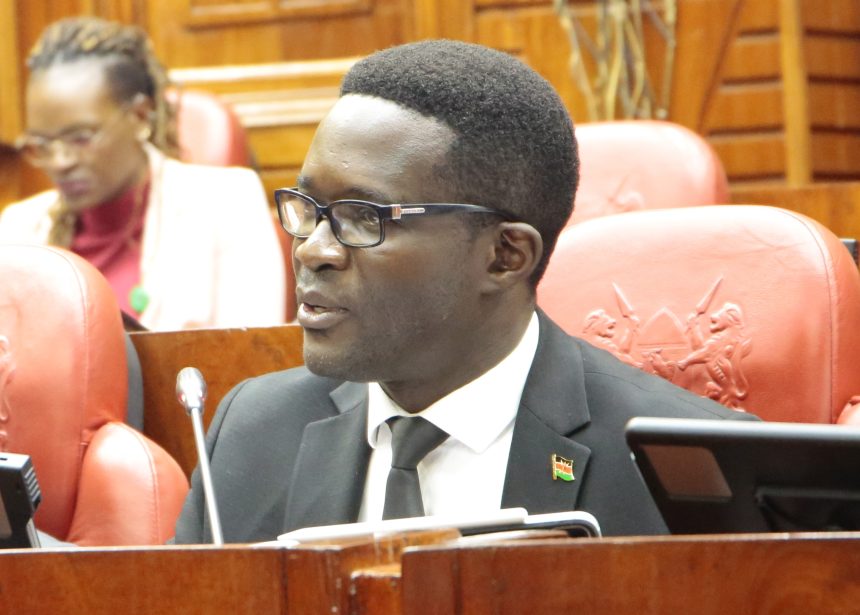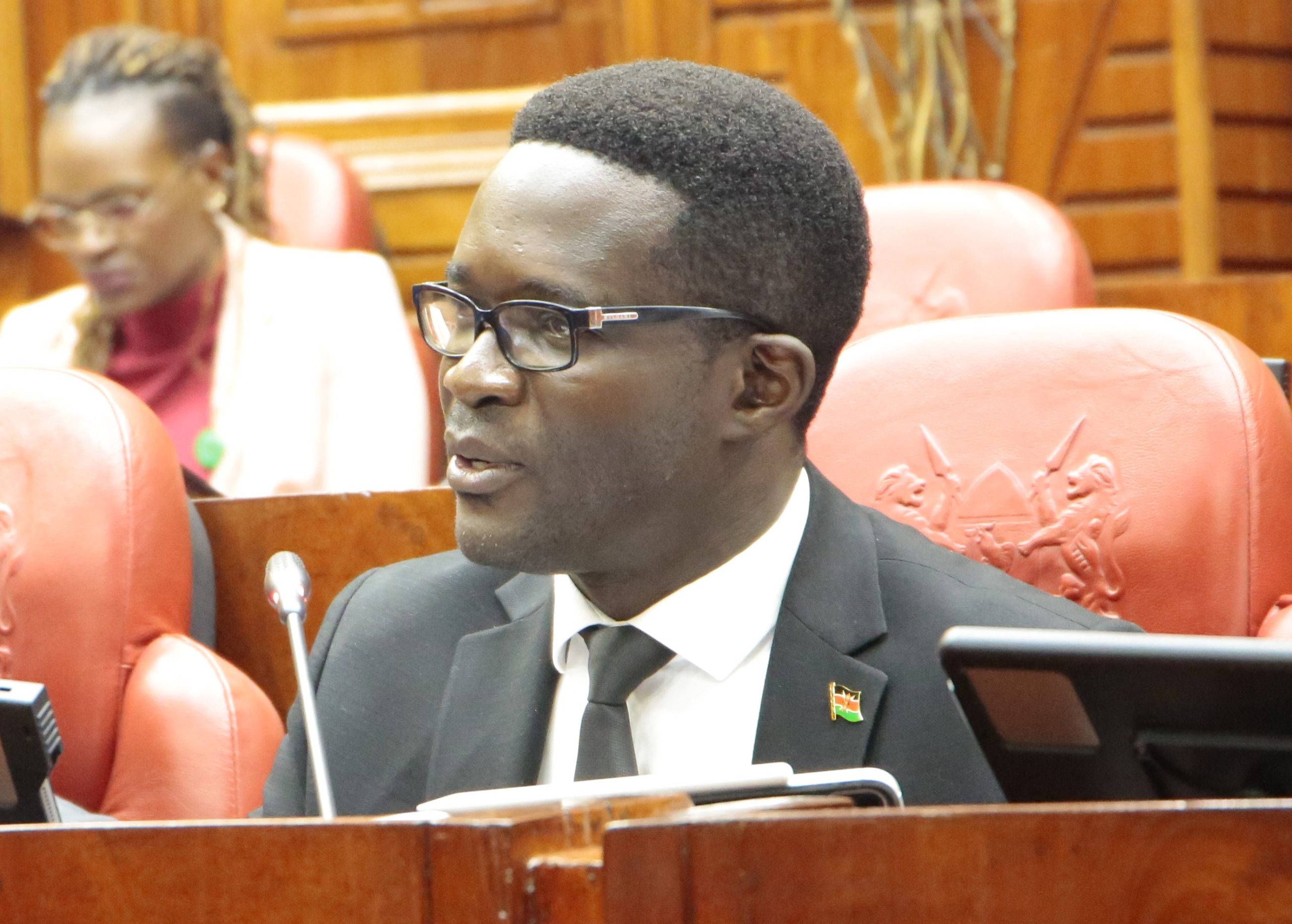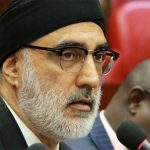Omissions by regulatory authorities coupled with the lack of a coordinated approach to reign in on Tools for Humanity, the parent firm for Worldcoin, has been blamed for exposing Kenyans to data exploitation.
In its submissions before the National Assembly Adhoc Committee investigating Worldcoin activities Kenya’s Communication Authority (CA) said overlapping regulatory mandates among agencies hindered a coordinated response.
CA Director General Ezra Chiloba told MPs that while the Office of Data Commissioner is mandated to ensure data privacy protection, legal loopholes might have impeded enforcement of consumer protection.
“I believe that the regulator did their part in terms of operationalization and I think the Data Commissioner did the best and if the are lapses, they should be fixed from a legal perspective,” Chiloba told lawmakers.
Chiloba made the comments a day after the State Law Office blamed Data Commissioner Immaculate Kassait irregularly licensing Worldcoin.
He explained that the current legal framework is not up to date and in tandem with technological dynamics and innovations in the country.
“The issue we are handling are novel if you look at our legal framework its not adequate to address the issue. When we were setting the Data Protection Act did we anticipate we would be confronted with this type of invention; not all,” he said.
The Office of the Data Protection Commissioner (ODPC) issued Tools for Humanity the license to operate in the country as a data processor.
Worldcoin then began data processing activities of iris data via an orb scanner. Users were issued with free Worldcoin tokens estimated to be worth Sh7,000 in July.
Induced consent
“When you don’t explain what you are doing you leave room for may explanations and that is a risk. That’s why regulators have to step in and try as much as possible to protect ordinary citizens from a sophisticated process,” Chiloba said.
“From a business perspective the intention was good for them but the fact that they didn’t carry all actors along. I don’t think it was fair for the country,” Chiloba added.
He pointed out that the induced consent where participants were given free cryptocurrency was an indication that the consent wasn’t from an informed point of view on the risks and the benefits.
“It’s a paradox of sort that it’s a sophisticated solution but the people who showed are unsophisticated. How are you going to merge this in the future? Is that complexity that we are looking at,” he stated.
Concerns over the transparency of Worldcoin operations have been raised in in France, India, Germany, UK and other countries.
Worldcoin offered those who signed up 25 free tokens drawing thousands of people to multiple sign-up points in the capital Nairobi.
Thousands of Kenyans flocked to Kenyatta International Conference Center Nairobi mid July to have their eyes scanned.
The project, according to its founders, aims to solve one of the main challenges facing the crypto industry that largely relies on pseudonyms to operate, leaving it vulnerable to spam bots and scams.
More than 2.1 million people have signed up for Worldcoin across the world, with iris scans conducted in 34 countries, according to the company’s website.




